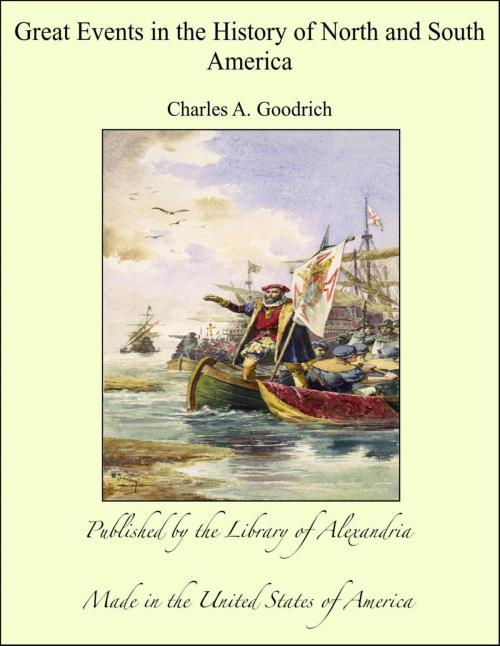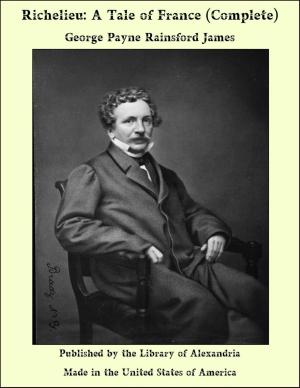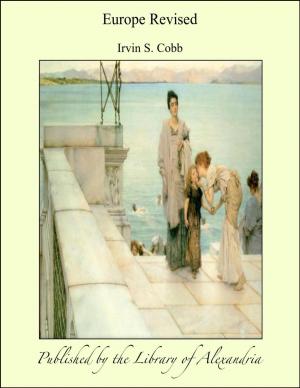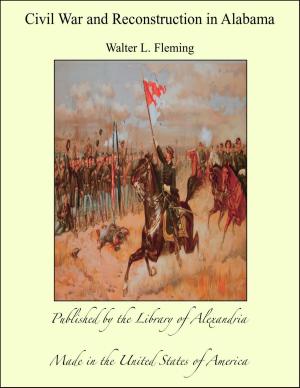Great Events in the History of North and South America
Nonfiction, Religion & Spirituality, New Age, History, Fiction & Literature| Author: | Charles A. Goodrich | ISBN: | 9781465574015 |
| Publisher: | Library of Alexandria | Publication: | March 8, 2015 |
| Imprint: | Language: | English |
| Author: | Charles A. Goodrich |
| ISBN: | 9781465574015 |
| Publisher: | Library of Alexandria |
| Publication: | March 8, 2015 |
| Imprint: | |
| Language: | English |
The plan of the following work, whatever may be thought of its execution, will commend itself, it is believed, to the taste and judgment of the public. It proceeds upon the principle of selection, being chiefly confined to the Great Events of American History, and which are treated of as distinct subjects. In these respects, the work differs from other historical works on the same subject. The advantages of a work thus constructed, are too obvious to need specification. Yet, it may be remarked, that great events in history are like great objects in nature and art. It is the bolder features of a country—the more costly and imposing edifices of the city—the higher and more elaborate achievements of art—upon which we delight to dwell. In like manner, great events attract our attention and interest our minds, because of their relations—because of the higher qualities of mind which, perhaps, gave them birth, and the striking and lasting changes which grow out of them. They serve as landmarks in our drift down the stream of time. We date from them. We refer to them. We measure between them. We compare them one with another—their causes, progress, influences; and, in so doing, our knowledge of men and things is advanced—our false opinions are corrected—our topics for interesting and profitable speculation and reflection greatly multiplied. A thorough perusal of a work thus constructed will secure, it is believed, a more competent and permanent knowledge of the history of a country, than some half-dozen readings of that history, written on the ordinary plan.
The plan of the following work, whatever may be thought of its execution, will commend itself, it is believed, to the taste and judgment of the public. It proceeds upon the principle of selection, being chiefly confined to the Great Events of American History, and which are treated of as distinct subjects. In these respects, the work differs from other historical works on the same subject. The advantages of a work thus constructed, are too obvious to need specification. Yet, it may be remarked, that great events in history are like great objects in nature and art. It is the bolder features of a country—the more costly and imposing edifices of the city—the higher and more elaborate achievements of art—upon which we delight to dwell. In like manner, great events attract our attention and interest our minds, because of their relations—because of the higher qualities of mind which, perhaps, gave them birth, and the striking and lasting changes which grow out of them. They serve as landmarks in our drift down the stream of time. We date from them. We refer to them. We measure between them. We compare them one with another—their causes, progress, influences; and, in so doing, our knowledge of men and things is advanced—our false opinions are corrected—our topics for interesting and profitable speculation and reflection greatly multiplied. A thorough perusal of a work thus constructed will secure, it is believed, a more competent and permanent knowledge of the history of a country, than some half-dozen readings of that history, written on the ordinary plan.















